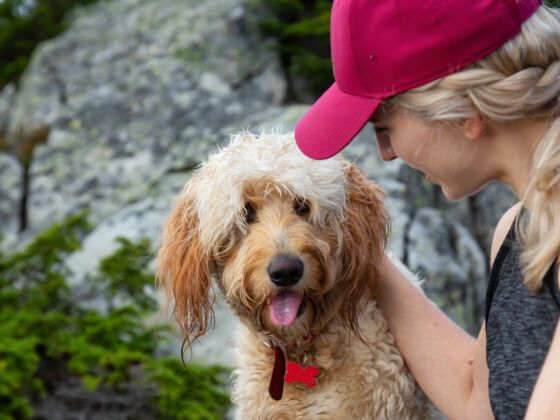As I read Benoit Denizet-Lewis’s amusing Travels with Casey: My Journey Through Our Dog-Crazy Country, I thought of my own experiences traveling with Mr. Fluff, a five-year-old Pomeranian rescue and the first dog I’ve ever owned.
In the two years we’ve been together, Mr. Fluff has changed my life in countless ways, especially my relationship to travel. For one thing, before I had a dog, I used to be able to decide whether to take a trip mostly on whim. Those days are gone. Now when I begin researching a vacation, my first question is, “Can I drive there, so the dog can come?” Followed closely by, “Who’s going to watch him while I’m gone?”
